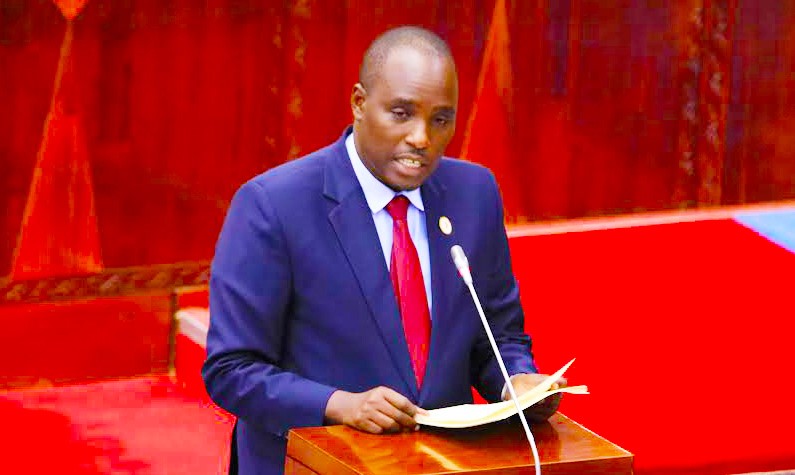Govt rolls out up to 50 percent subsidy on over 450,000 LPG cylinders in push for clean cooking

Dar es Salaam. In a major push to accelerate the shift from traditional biomass fuels to modern energy solutions, the government has announced a subsidy of up to 50 percent on 452,445 Liquefied Petroleum Gas (LPG) cylinders, targeting households across the country.
Deputy Minister for Energy Judith Kapinga made the announcement in Parliament on Thursday, May 23, 2025, stating that the measure is part of a broader government strategy to expand access to clean and affordable cooking energy, especially in rural and peri-urban communities.
“The government, through the Rural Energy Agency (REA), is also distributing 200,000 improved cookstoves at subsidised rates of up to 75 percent,” said Ms Kapinga. “We are also supporting the installation of clean cooking systems in public institutions that serve over 100 people, such as schools and hospitals.”
She was responding to a question from Special Seats MP Grace Tendega, who sought clarity on the government’s short-term interventions aimed at reducing dependency on firewood and charcoal—fuels still widely used in rural households.
Kapinga said the LPG subsidy programme is already underway and forms part of the National Clean Cooking Energy Strategy, a 10-year framework designed to promote cleaner, healthier, and more efficient cooking technologies.
She further noted that with national electricity access extended to all villages, the government is now actively promoting electric cooking appliances as viable, long-term alternatives for rural households.
“This is about creating lasting behavioural change. Our aim is to help Tanzanians transition from harmful cooking practices to cleaner, modern energy use—without making affordability a barrier,” she told Parliament.
The government has also launched an energy efficiency roadmap, which includes partnerships with private sector players to promote local innovation and improve distribution of clean cooking technologies.
Kapinga also addressed questions around the government's ongoing rural electrification efforts, particularly in sub-villages that remain off-grid.
Responding to Mbulu MP Zacharia Isaay, who inquired how the government would meet electricity access targets before the end of the financial year, Kapinga said the government has put in place a robust implementation strategy.
“We have launched an ambitious initiative to electrify 15 sub-villages in every constituency, with a broader plan to connect 20,000 sub-villages nationwide. The first phase targets 9,000 sub-villages, and we are currently engaging contractors to execute the rollout,” she said.
Fielding a follow-up question from Special Seats MP Anatropia Theonest, Kapinga confirmed that the LPG subsidy is not a future plan—it is already in active implementation.
“These efforts reflect the government’s clear commitment to not only reduce environmental degradation caused by charcoal and firewood use but also to improve public health and economic productivity,” she said.
Environmental experts have long argued that heavy reliance on traditional biomass fuels accelerates deforestation and exposes women and children—who are primarily responsible for cooking—to harmful indoor air pollution.
With subsidies now in place and new technologies being introduced, analysts say the move could mark a turning point in Tanzania’s transition to a cleaner, more sustainable energy future.




